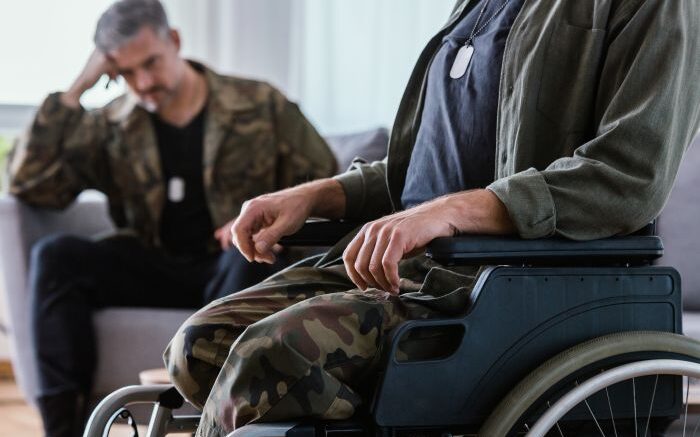In a recent study that estimated COVID-19 messenger RNA (mRNA) vaccine effectiveness, Young, et al. (2021) found that the mRNA-1273 (Moderna) and BNT162b2 (Pfizer-BioNTech) vaccines were highly effective against SARS-CoV-2 infection before June 2021 among 1,363,180 U.S. veterans who were vaccinated in January and February 2021. Transmission of the SARS-CoV-2 Delta variant increased rapidly during the summer of 2021, and waning COVID-19 mRNA vaccine effectiveness has been reported. Therefore, the researchers re-examined the estimated effectiveness of the two COVID-19 mRNA vaccines (mRNA-1273 and BNT162b2) during July to September 2021 among fully vaccinated male veterans aged 65 years or older.
Electronic medical record data from the Veterans Health Administration Corporate Data Warehouse were analyzed. Based on SARS-CoV-2 variant tracking data from the Centers for Disease Control and Prevention, the researchers divided the observation time into three periods: pre-Delta (before May 2021), rising Delta (May and June 2021), and high Delta (July through September 2021) when the Delta variant accounted for more than 70% of new infections in the U.S.
A matched case-control study was conducted to estimate mRNA vaccine effectiveness against SARS-CoV-2 infection. Details of the methods used were published previously. Briefly, negative SARS-CoV-2 tests served as controls, and a maximum of four controls were matched to each case based on Department of Health and Human Services geographic region and testing date (within 21 days of the case testing date) because both factors are related to local disease burden, likelihood of having a positive SARS-CoV-2 test result, and vaccination status.
Conditional logistic regression was conducted with full vaccination status as the primary explanatory variable. The exposure of interest for vaccinated individuals was the time since vaccination, measured as the difference in months from the full vaccination date (≥14 days after the second dose) to the event date (a positive reverse transcription polymerase chain reaction SARS-CoV-2 test result). The regression model included indicator variables representing months since vaccination, Delta periods, and their interaction terms. The association between SARS-CoV-2 infections and time since vaccination was examined by estimating the odds ratio for each month after receipt of full vaccination, adjusting for additional variables including age and comorbid conditions (Table).
All tests were two-tailed, and statistical significance was set at P = .05. Statistical analysis was performed using SAS version 9.4 (SAS Institute).
In this study, there were 14 238 male veterans aged 65 or older with a positive SARS-CoV-2 test result (cases) and 56 952 veterans with a negative test result (controls). The estimated pre-Delta mRNA vaccine effectiveness against any SARS-CoV-2 infection was 94.5% (95% CI, 90.7-96.7) in the first month after complete vaccination and decreased to 87.9% (95% CI, 85.9-89.5) by month 3. During the high-Delta period, the estimated vaccine effectiveness was 62.0% (95% CI, 45.6-73.5) in the first month and decreased to 57.8% (95% CI, 52.5-62.5) by month 3, similar to the pattern from the pre-Delta period. The decrease in vaccine effectiveness accelerated after month 4, reaching a low of approximately 20% in months 5 through 7.
The researchers estimated vaccine effectiveness by month from full vaccination for three months of the pre-Delta period and for five months during the rising-Delta period against all 8eightmonths available during the high-Delta period. Where the 95% CIs did not overlap, vaccine effectiveness was significantly different.
Reference: Young-Xu Y, et al. Estimated Effectiveness of COVID-19 Messenger RNA Vaccination Against SARS-CoV-2 Infection Among Older Male Veterans Health Administration Enrollees, January to September 2021. JAMA Netw Open. 2021;4(12):e2138975. doi:10.1001/jamanetworkopen.2021.38975
